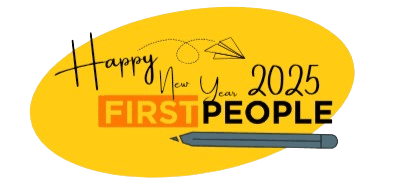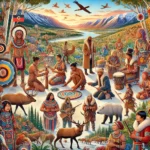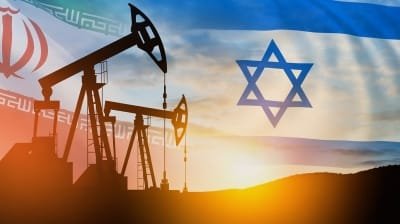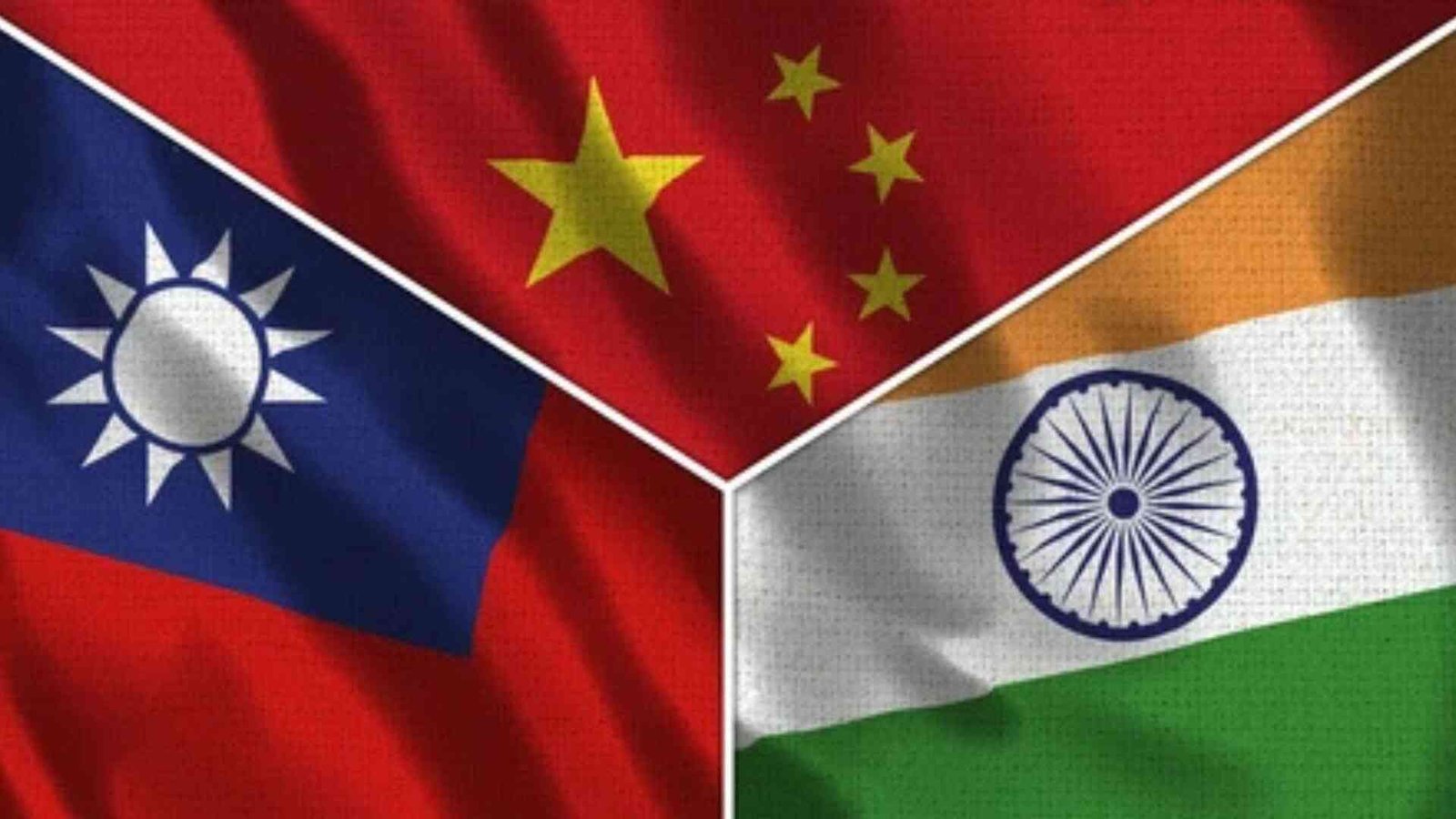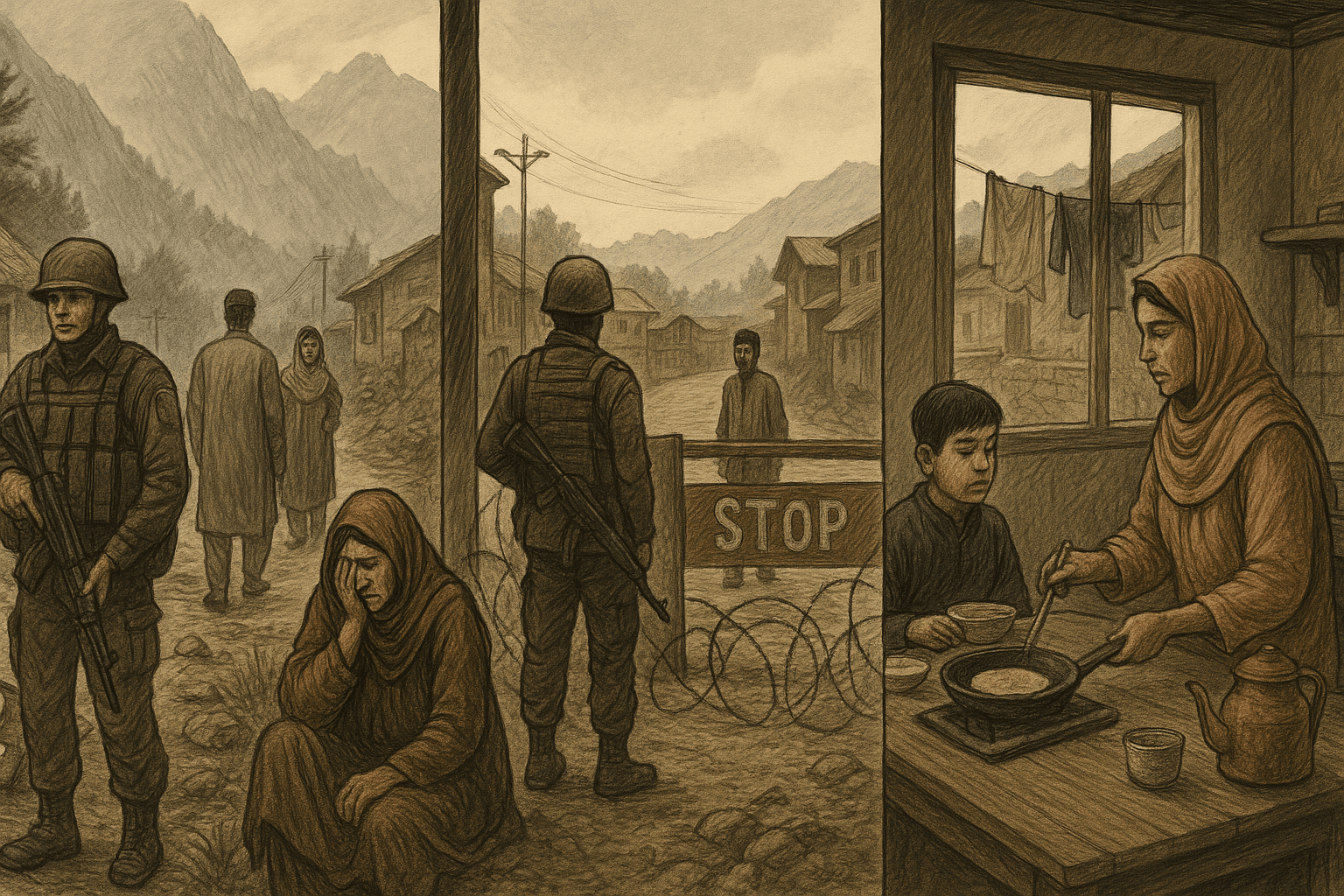Freedom of speech in Pakistan has faced significant challenges in recent years, marked by government-imposed bans on social media platforms and restrictions targeting content creators. These actions have sparked debates over the balance between national security and individual rights.
Ban on X (Formerly Twitter)
In February 2024, the Pakistani government blocked access to X, formerly known as Twitter, citing national security concerns during the general elections. This move deprived citizens of a vital platform for information and expression. Despite a Sindh High Court order in April 2024 to restore access within a week, the platform remained largely inaccessible, forcing users to resort to virtual private networks (VPNs) to circumvent the ban.
Crackdown on VPN Usage
In November 2024, Pakistan’s Council of Islamic Ideology declared the use of VPNs against Islamic law, aligning with government efforts to ban these services. Authorities argued that VPNs were being exploited by insurgents to facilitate violent activities and access controversial or blasphemous content. Critics, however, viewed this move as an additional layer of censorship, further restricting freedom of expression.
Impact on Content Creators
The government’s stringent measures have also affected content creators, particularly YouTubers and social media influencers who rely on these platforms for their livelihood and to engage with audiences. The bans have disrupted their ability to disseminate content, limiting diverse voices in the digital space.
Historical Context of Internet Censorship
Pakistan has a history of internet censorship, often justified on grounds of national security or religious sensitivities. For instance, YouTube faced a ban in 2008 and again in 2012 over content deemed blasphemous. Similarly, platforms like Facebook have been temporarily blocked in the past.
Legal and Ethical Implications
These actions raise critical questions about the legal and ethical boundaries of state-imposed censorship. While the government cites national security and public order, opponents argue that such measures infringe upon fundamental human rights, including freedom of expression and access to information.
The recent bans on social media platforms and restrictions on content creators in Pakistan highlight the ongoing tension between state security measures and individual freedoms. As the digital landscape evolves, the challenge remains to find a balance that ensures both national security and the protection of fundamental human rights.
